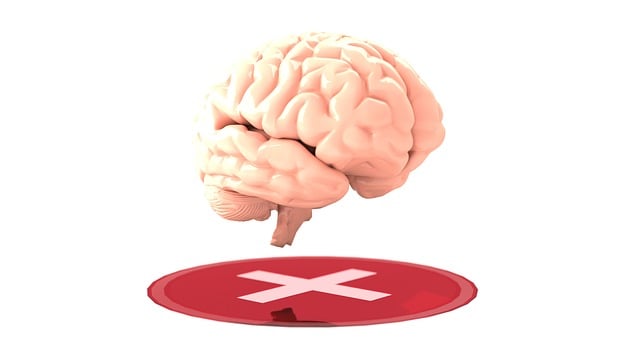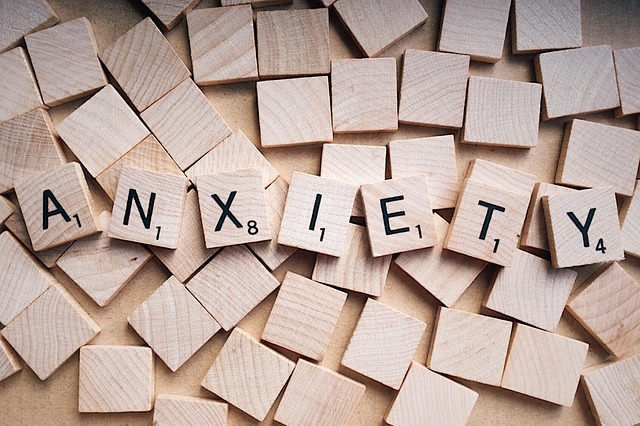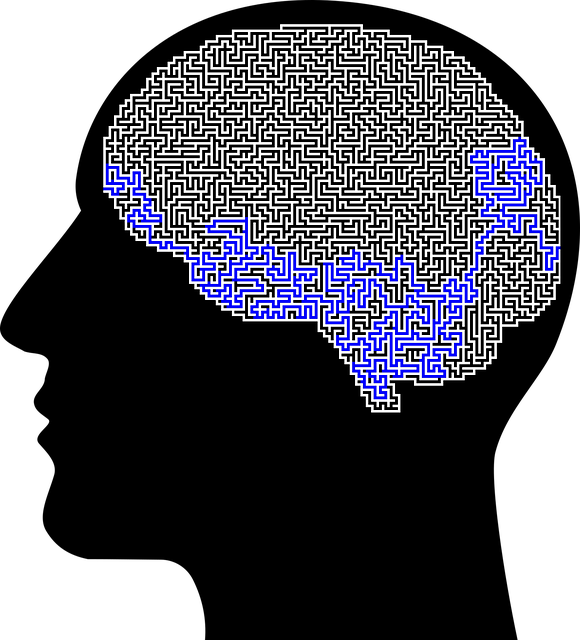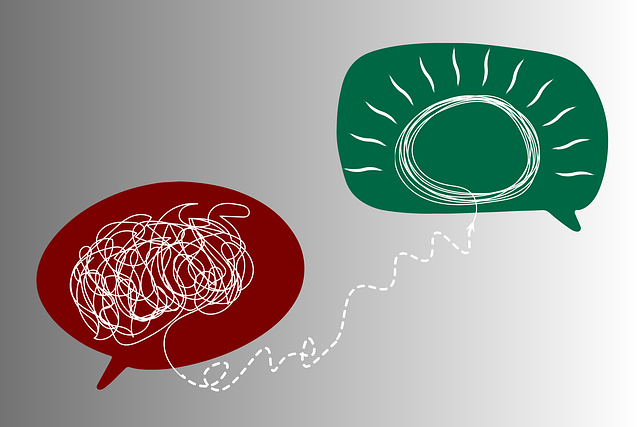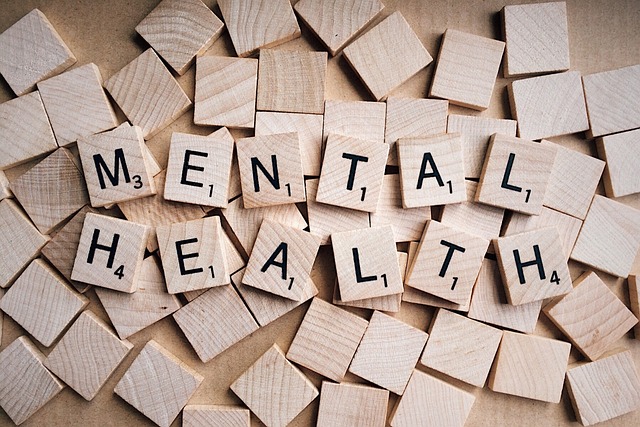The RFM Model offers a holistic therapeutic framework for healing childhood abuse among young adults, focusing on emotional intelligence and resilience-building. By integrating mental health education with coping mechanisms, this approach equips survivors with tools to process trauma and navigate life's challenges. Through tailored therapy services, advocacy for accessible mental health policies, and exercises like journaling and mindfulness, individuals can enhance their emotional well-being and develop resilience, ultimately empowering them to thrive post-abuse. Key strategies include identifying strengths, fostering purpose, and rebuilding social connections, making therapy for young adults abuse survivors more effective and impactful.
Resilience is a powerful tool for healing, especially for young adults surviving childhood abuse. The RFM (Recovery, Fortitude, and Mastery) model offers a structured framework to navigate this journey. This article delves into the impact of early life trauma, highlighting how understanding resilience-building exercises can empower survivors. We explore strategies like identifying personal strengths, targeted interventions, and integrating RFM into supportive therapy practices for effective long-term healing. Discover how these techniques foster adaptability and a renewed sense of control in young adult abuse survivors.
- Understanding RFM: A Framework for Healing
- The Impact of Childhood Abuse on Young Adult Survivors
- Identifying Resilient Factors: Strengths and Resources
- Building Resilience through Targeted Exercises
- Integrating RFM into Supportive Therapy Practices
Understanding RFM: A Framework for Healing

Understanding RFM, or Recovery, Resilience, and Growth Model, offers a powerful framework for healing among young adults who have survived abuse. This therapeutic approach recognizes that effective recovery involves more than just addressing symptoms; it requires nurturing mental health education programs designed to strengthen emotional intelligence and resilience. By integrating these elements, survivors can develop the coping mechanisms needed to navigate life’s challenges and cultivate a sense of well-being.
The RFM model prioritizes emotional healing processes as a foundational step in the recovery journey. It encourages individuals to explore and understand their emotions, fostering self-awareness that is crucial for personal growth. This process is enhanced through activities that promote emotional intelligence, enabling survivors to recognize and manage their feelings effectively. Ultimately, the goal is to empower young adults with the tools to build resilience, ensuring they can thrive despite their past experiences.
The Impact of Childhood Abuse on Young Adult Survivors

Childhood abuse, whether physical, emotional, or sexual, can leave profound and lasting scars on young adult survivors. The impact extends far beyond the initial trauma, affecting their mental health, relationships, and overall well-being. Many survivors struggle with low self-esteem, trust issues, and a sense of safety as they navigate adulthood. Therapy for young adults abuse survivors plays a pivotal role in helping them process these experiences, heal, and build resilience.
Mental Health Policy Analysis and Advocacy highlights the importance of accessible therapy services tailored to meet the unique needs of this population. Resilience building exercises, such as cognitive behavioral therapy, group support sessions, and stress management workshops organization, can empower survivors to confront their past, challenge negative thought patterns, and develop healthy coping mechanisms. By addressing these issues, young adult abuse survivors can begin to rewrite their narratives, foster healthier relationships, and lead fulfilling lives.
Identifying Resilient Factors: Strengths and Resources

Identifying Resilient Factors begins with understanding strengths and resources. For young adults who have survived abuse, these can manifest as various internal capabilities and external supports. Internal strengths include emotional regulation skills, problem-solving abilities, and a deep sense of self-worth, often developed through personal growth and therapy for young adults abuse survivors. External resources may encompass supportive relationships with family, friends, or communities that promote mental wellness and offer safe spaces to heal.
Mental Health Policy Analysis and Advocacy plays a crucial role in enhancing emotional well-being promotion techniques by ensuring accessible services tailored to survivors’ unique needs. By recognizing and harnessing these strengths and resources, individuals can build resilience, fostering a sense of security and empowerment that is essential for navigating life’s challenges. This process not only supports their recovery but also enables them to thrive, regardless of past experiences.
Building Resilience through Targeted Exercises

Resilience is a vital component of recovery and well-being, especially for young adults who have experienced abuse or trauma. Building resilience through targeted exercises can help survivors navigate their past while fostering a sense of empowerment in the present. One effective approach is incorporating mental wellness journaling as part of daily practice. By reflecting on experiences, emotions, and coping strategies in a journal, individuals can process their traumas and develop a deeper understanding of their strengths. This self-care routine encourages personal growth, enhances emotional intelligence, and provides a safe space for expression.
Additionally, guided mind over matter principles offer valuable tools for resilience-building exercises. Through mindfulness techniques, meditation, and cognitive reframing, survivors can learn to manage stress, overcome negative thought patterns, and cultivate positive self-talk. These practices promote mental wellness and enable individuals to take control of their emotional responses. By integrating these exercises into their daily lives, young adults can develop a robust foundation for resilience, leading to improved overall mental health.
Integrating RFM into Supportive Therapy Practices

Integrating RFM (Resilience, Strengths, and Meaning) into supportive therapy practices has proven to be a game-changer in assisting young adults who have experienced abuse survivors. This approach focuses on building resilience by identifying individual strengths and creating a sense of purpose, which is particularly crucial for this demographic as they navigate their mental health journeys. By incorporating RFM techniques, therapists can facilitate meaningful healing and growth.
For therapy professionals working with young adults who have endured trauma, integrating RFM into sessions offers a structured framework. It involves encouraging clients to explore their inherent strengths, fostering self-esteem improvement, and assisting them in finding purpose beyond their past experiences. This strategy not only enhances the therapeutic process but also empowers survivors with effective risk management skills. Social skills training becomes an integral part of this process, enabling individuals to rebuild connections and support networks, which are vital for long-term resilience.
Resilience is a powerful tool for healing, especially for young adults surviving childhood abuse. By understanding and applying the RFM framework, therapists can effectively support clients in identifying their strengths and resources while navigating the challenges of their past trauma. Integrating targeted resilience-building exercises into therapy practices enables survivors to develop coping mechanisms, enhance well-being, and foster a sense of empowerment. This approach, tailored for young adult abuse survivors, offers a promising path toward healing and a brighter future. Therapy for young adults experiencing abuse can be transformative when equipped with the right tools, and RFM presents a compelling framework to guide this process.

